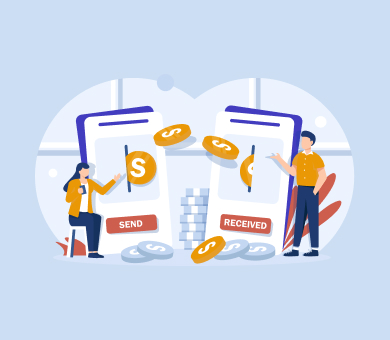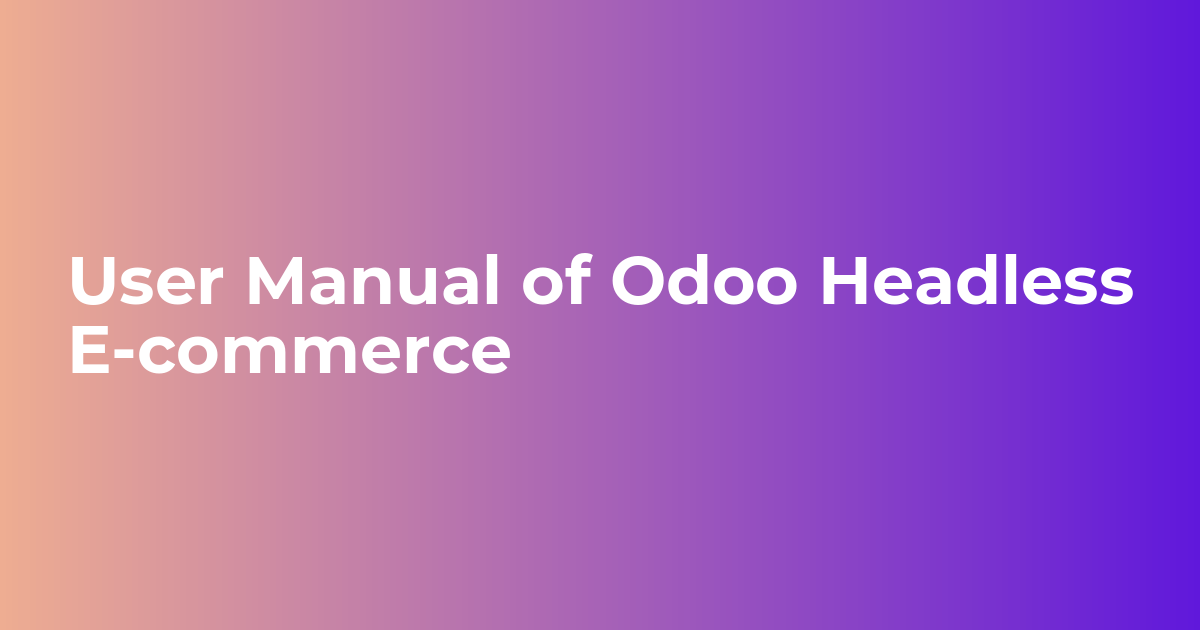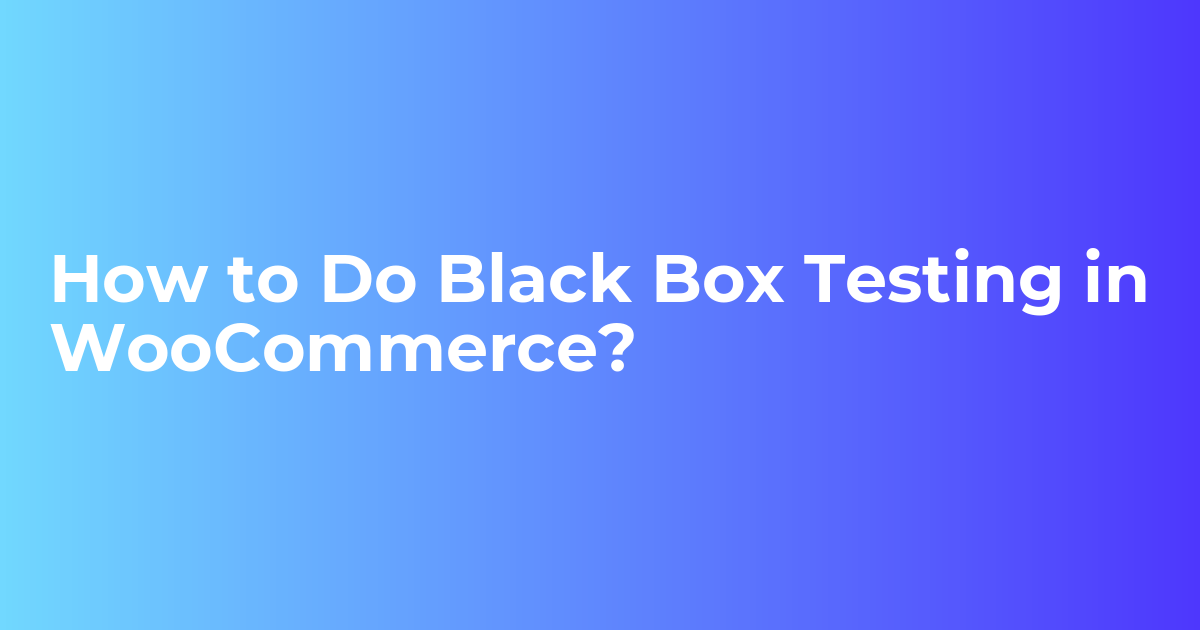[ad_1]
In the world of digital currencies, Toncoin stands out as a promising option among many others. It offers special features and abilities that set it apart.
This article will cover everything you should know about The Open Network and its main cryptocurrency, including its features, how it compares to other popular cryptocurrencies, potential uses, and what role it might play in The Open Network’s future.
What Are TON Blockchain and Toncoin?
TON Blockchain, which stands for The Open Network, is the successor of the Telegram Open Network, a blockchain project developed by Telegram in 2018 that was suddenly closed due to legal issues.

Toncoin, in turn, is a decentralized cryptocurrency that operates on the TON Blockchain, enabling transactions and powering various services within the network.
How Toncoin Works
At the core of Toncoin lies its cutting-edge technology stack, which combines elements of blockchain, smart contracts, and distributed ledger technology (DLT).
Blockchain
Toncoin’s heart is blockchain technology, a system that records transactions across multiple computers in a network. Each transaction is encrypted and linked to the preceding one, creating a chain of blocks in chronological order.
Consensus Mechanism
Toncoin uses a method called Proof of Stake (PoS) to reach an agreement on who gets to verify new blocks of transactions and earn rewards.
In this system, users are chosen based on the amount of assets they hold and are given transaction fees as a reward for validating transactions right, rather than being given new blocks to add to the blockchain.
Smart Contracts
Another special thing about Toncoin is that it supports smart contracts. Smart contracts are agreements written in code that automatically activate when certain conditions are met.
They cannot be tampered with, which opens the door to many different decentralized applications and uses.

Toncoin vs. Traditional Cryptocurrencies
Toncoin is different from older cryptocurrencies like Bitcoin and Ethereum in some important ways.
Instead of using the energy-intensive Proof-of-Work method like Bitcoin, Toncoin uses a greener system called Proof-of-Stake.
This saves energy and makes Toncoin easier to expand. Also, Toncoin wants to be quicker and cheaper than Ethereum, which is ideal for smaller transactions and everyday use.
Use Cases and Applications
TON’s digital currency can be used in lots of areas for various purposes. They are:
- Processing Fee for Transactions and Smart Contracts: When you make transactions or run smart contracts on the TON network, you must use its digital money as the main currency to cover the processing fees.
- Payments Services Provided by Apps Built on the Platform: Toncoin makes it easy to pay for things within the decentralized apps (DApps) created on its platform, whether you’re buying something, unlocking special features, or trading directly with others.
- Contributing to Network Security via Staking: When you stake, you lock up some of your TON crypto as a guarantee to verify transactions and keep the network safe. In return for helping out, you get rewards.
- Cross-Chain Transaction Fees: When people move assets between the TON blockchain and other networks, they might need to pay transaction fees in Toncoin.
- Integral Role in TON’s On-chain Governance Program: Toncoin lets holders join in decision-making about protocol upgrades, network settings, and other governance issues.
- Payment for Blockchain-Based Domain Names (DNS): You can use Toncoin to buy and keep blockchain-based domain names on systems connected with the TON network.
- Validators’ Stakes Required to Maintain the Blockchain: Validators are the ones who check and add new blocks to the blockchain. To do this job, they have to put up some of their assets as a security deposit. This makes sure that validators care about keeping the network safe and following the rules everyone agrees on.
- Payment for TON Proxy: Toncoin is the major means to pay for TON Proxy services. These services let you connect with the TON blockchain in a safe and private way through proxy nodes.
- Payment for Decentralized Data Storage: You can use Toncoin to pay for storing data in a decentralized way within the TON ecosystem. This means you can save and get your data back on decentralized storage networks by using TON crypto as payment.
Is Toncoin Risky?
Some investors might consider Toncoin a bit riskier due to issues during its initial coin offering (ICO). Although all cryptocurrencies have risks, Toncoin faces specific challenges.
Nonetheless, TON’s digital currency is still fulfilling its purpose and growing. It has millions of users using it every day, developers constantly making the blockchain better, and validators and nominators keeping the Proof of Stake (PoS) system running properly.

Importantly, Toncoin prioritizes security. For instance, TON’s developers have a special program where they give bonuses to anyone who finds and reports security flaws in their blockchain.
Future Outlook: The Role of Toncoin in The Open Network
TON has solid backing from its community and is predicted to continue expanding in the years ahead.
In January 2022, there were 200k active TON wallets. A year later, this jumped to over 700k. Now, it’s close to 1.1 million, indicating that more people are using Toncoin wallets, suggesting that widespread adoption might be on the horizon.
TON also leads other Layer 1 blockchains in speed and versatility. It processes transactions quickly and offers advanced features like sharding for scalability.
While Toncoin is relatively new compared to other major blockchains, it’s growing and improving.
Potentially, it can be used in a variety of ways, including in a Decentralized Autonomous Network; therefore, it’ll be exciting to see what innovations TON can bring in the years to come.
Conclusion
In simple terms, Toncoin is a new type of digital money made for decentralized finance and online payments. It’s fast, safe, and can handle lots of transactions because of its smart technology.
On top of that, Toncoin stands out for its unique features and potential uses in various areas like small transactions, asset tokenization, and decentralized applications.
If you struggle finding a development team for your blockchain project, contact us. Our developers specialize in creating robust solutions tailored to your specific needs.
[ad_2]
Source link







